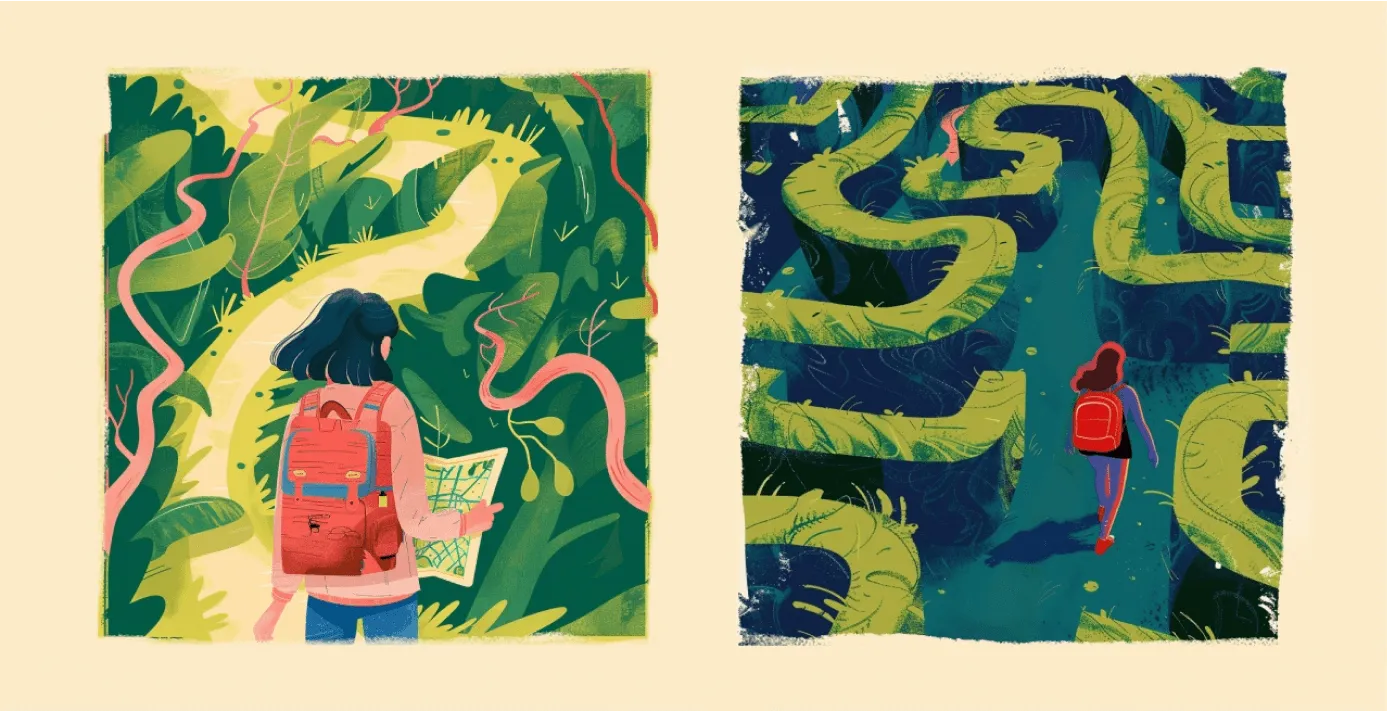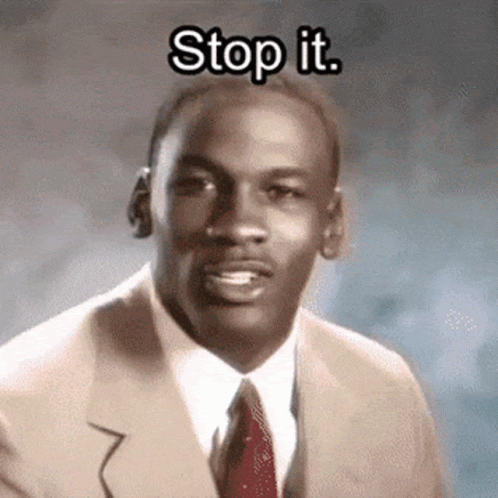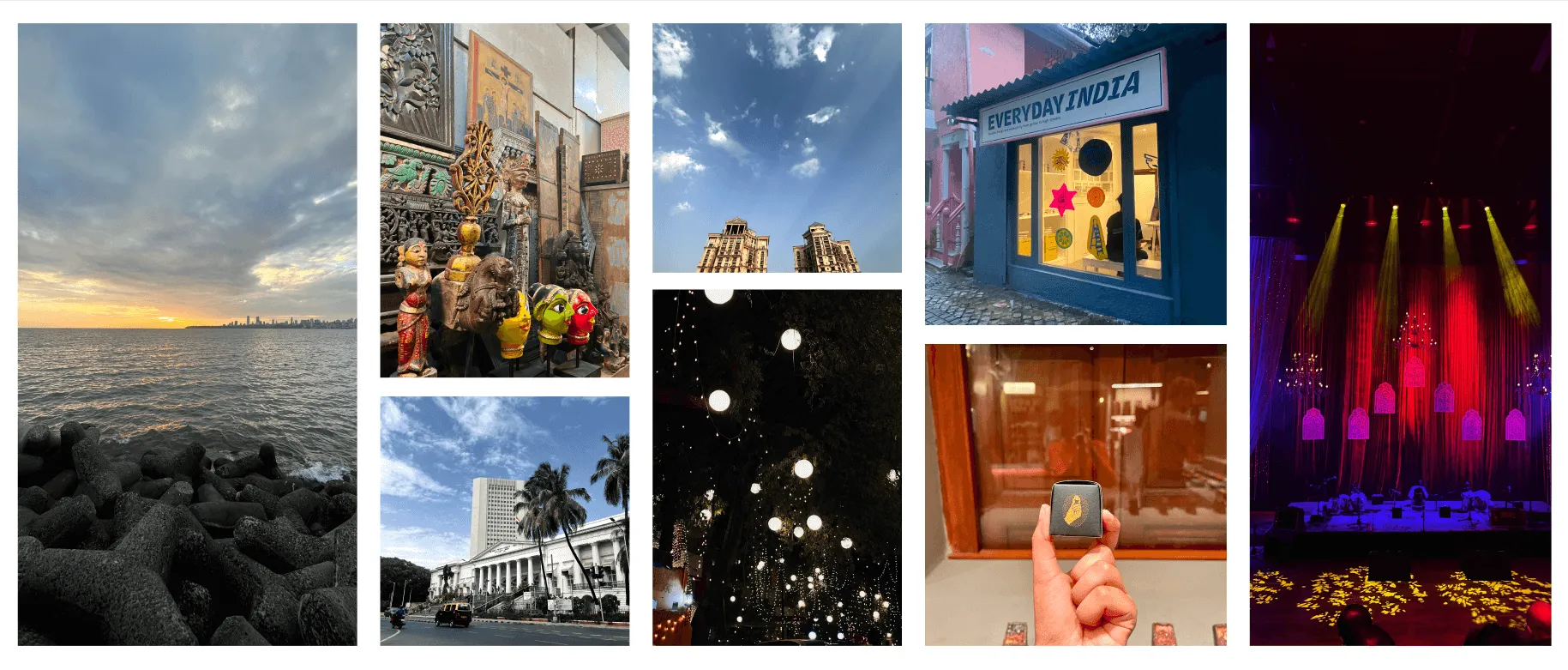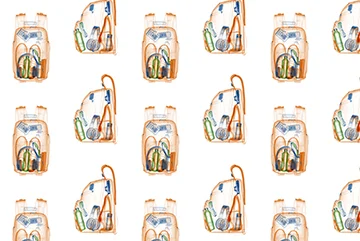Classroom to Consulting – Reflecting on my transition
Sneha Sowmiyanarayanan /
Around fifteen months ago, my life looked completely different.
I was a student in my final year of college and my biggest concerns were keeping up with attendance and putting my portfolio together. Juggling submissions and working the odd internship kept me busy, and conversations with friends invariably drifted into the subject of getting our dream jobs. Entering the industry and working as a full-time designer somehow still seemed like a distant dream.
Things changed quickly, though.
College life drew to a close and I dove headfirst into the real world. Moving to a completely new city, starting out as an intern at ZEUX, to eventually landing my first full-time role as UX Designer, life quickly pivoted from fretting over assignments to practicing presentations for important client meetings at the office.
Looking back at an exhilarating first year in this field, I’ve come to realize that life at a design consultancy differs greatly from college. My professors were right about this, after all! Interestingly though, I’ve also found comfort in discovering some shared traits between the two.
So, hang in there while I finally reflect on it all!
The major differences:
1. Unbounded creativity vs. Practical constraints
In college, I thrived in a creative bubble, where ideas flowed freely, and the only limits were those of my imagination. The briefs we received were open-ended and, now that I think of it, pretty vague. For instance, we would be told to “redesign an interface to reduce a user’s cognitive load”.
Yes, that was about it.
And like you may have guessed, we would have to fill in the missing pieces ourselves to complete the brief. Moreover, factors like user personas, budgets, tech feasibility or testing were rarely considered while working these projects. They were hypothetical, after all.
But entering the industry brought a stark reality check. Suddenly, I was faced with very real constraints – in technology, budgeting and project scope. I realized how many factors had to be considered while designing even the tiniest of features.
For instance, while user needs had to be accounted for, I also realized how crucial technical feasibility is. I encountered instances where development teams expressed concerns about building what I thought was ‘the best idea ever’. Further, dealing with last minute client requests while already walking a tightrope was another challenge I had to learn to handle.
Against all odds though, creativity must remain the cornerstone of our work! Striking this delicate balance has been quite tricky, and one that I am still learning to crack.
2. Following a map vs. Navigating a maze
One of the most jarring differences I have observed so far is the lack of a well-defined roadmap in the industry. Looking back, college seemed so much simpler in this sense – you knew you’d complete a number of modules in a semester, present your work to a jury, and move on to the next one. Projects followed a linear process laid out by professors – research in week 1, moodboard in week 2, wireframes in week 3, and submissions in week 4. How straightforward!
But in the real world, the path isn’t as linear. I’ve found it nearly impossible to predict the kind of work that’ll come my way in the next 3 months, leave alone the rest of my career!

Each project has been completely unique, involving distinct domains and design directions, entailing plenty of iteration, all while managing tight deadlines. In the industry, every internal presentation or client interaction is akin to a jury in itself – demanding, with real impact and consequences.
As someone who appreciates some level of control, it’s been quite unnerving not to have a detailed blueprint for what lies ahead. It’s taken me some time to come to terms with this uncertainty and even after a year, I’m not so sure if I’ve fully adjusted to it. But it has, perhaps for the better, forced me to embrace the unknown and be less afraid of it.
3. Narrow focus vs. Diverse expertise
In college, my focus was primarily on design theory and honing my practical skills. Most of my time was spent making sketches, getting familiar with software, building prototypes or toiling away at the workshops.
However, upon stepping into the industry, I quickly learnt that ‘designing’ is just one piece of the puzzle.
Being part of a consultancy like ZEUX, I have watched senior colleagues effortlessly handle the intricacies of project planning, strategising, client interaction, and conflict management. Each decision is backed by important factors like business requirements, competitor analysis, industry shifts, and user needs. This exposure has left me in awe of the depth and complexity of this profession, realizing that what I learnt in college was merely the tip of the iceberg.
As I continue to observe and begin to participate in similar conversations, my skill set has started to expand beyond just design and I have started to realize what it takes to be a holistic designer. There is truly so much more to it than achieving pixel perfection!
Despite these differences however, I also found solace in the similarities between college and the industry.
Not so different, after all:
1. Learning is constant
If anything, my process of learning has intensified after working in a fast-paced environment.
Indeed, there are no lectures to attend or professors to grade your work. While learning isn’t ‘scheduled’ like it was earlier, I’ve had to immerse myself in understanding various domains, processes and tools over the past few months.

Whether it’s through project work, attending Wednesday classes or Sunsets @ ZEUX, taking up courses, or engaging in team discussions, my learning has taken on a more organic and intentional approach.
Especially with technology advancing rapidly and user expectations constantly evolving, the need for continuous learning has never been more pressing. I find myself frequently reading up about topics that pique my interest. It’s incredibly satisfying when those insights come in handy during projects.
This different approach to learning doesn’t feel like a mundane task to check off a list; rather, it has become a source of excitement and inspiration.
2. Proactive is powerful
Taking initiative and being proactive have been helpful traits, be it in college or in the industry.
Throughout my college years, I actively seeked out opportunities to explore the field by attending design events, leading projects or doing internships.
Similarly, in the industry, taking initiative has helped me stay more involved in what I do. Whether it involves pitching new ideas, contributing to brainstorming sessions or sharing ownership of projects, I’ve been able to expand my skill set and forge a good connection with my teammates.
I do believe that being proactive is a win-win, and a very useful skill to have. It speeds up your learning and development, which means you can also contribute better to the team.
3. Your passion is your asset
Five years back, I took the plunge and applied to design college. Back then, math was my mortal enemy, and my superpower was doodling in class without getting caught by teachers. Fast forward to today, I still can’t do math to save my life! But on the bright side, my admiration and love for design has only grown stronger.
In college, this passion helped me explore new ideas, experiment with different mediums and gave me the assurance that I have picked the right path for myself. Likewise, in the industry, the same passion has come handy in dealing with complex challenges, collaborating with other designers and constantly striving to perform better.
In bridging the gap between college and consulting, I’ve come to appreciate the unique challenges and opportunities each environment presents. Though the transition has had its share of ups and downs, it’s shaped me into a more resilient and adaptable person, and of course, designer.

My first jury in college to my first project at ZEUX.
If you are at the intersection of student and professional life, here are some quick tips from my own experience that might possibly make the journey smoother for you!
1. Enjoy the beginner’s advantage
One of my favorite things about starting out as a fresher at ZEUX was embracing the beginner’s mindset. I didn’t have to pretend to know everything, which eased a lot of pressure and freed up mental space for me to absorb the important stuff. So, don’t worry about having to seem like an expert, stay open to learning and unlearning many things along the way.
2. Take the help you need

It’s impossible to know everything about your new workplace right off the bat. Whenever I wasn’t sure of something, work-related or otherwise, I made a habit of reaching out to my manager or other colleagues for guidance. And I still do! It’s always better to clarify things before taking action, and people are usually more than willing to help, so don’t shy away from asking.
3. Make that first impression count
While you may not start off as a subject matter expert, it’s still important to build an impression as a dependable and trustworthy team member. Taking the lead and volunteering to assist in various tasks, such as pitching in for your company’s social media or organizing office events can help build a positive impression. In the consulting field, your interpersonal skills play a huge role in the work you’ll undertake. So, take advantage of this time to interact with those around you and start developing those skills.
4. Use your precious down time
Like I said earlier, projects at work can be quite unpredictable. There will be days when you’d be glued to your screen for eight hours straight, and there will be days when you hardly have anything to do. As a fresher though, you may have the luxury of spare time more than anyone else. Use it to pursue your hobbies, passion projects, explore new places (especially if, like me, you’ve moved to a new city), and spend time understanding yourself better. Having activities outside of work will rejuvenate and refresh you.
 A year in Mumbai, through my lens
A year in Mumbai, through my lens
5. Go with the flow
I’ve mentioned this countless times already, but the transition from college to the professional world can be quite the leap. Despite your best efforts, you’ll encounter situations beyond your control. On some days you might grapple with imposter syndrome, while on others, you’ll feel like you’ve landed the best job ever. Allow yourself the time to adjust, be gentle with yourself, and let things flow as they should. It’s going to be just fine!
I wish you a fantastic and enjoyable experience in your first job!





